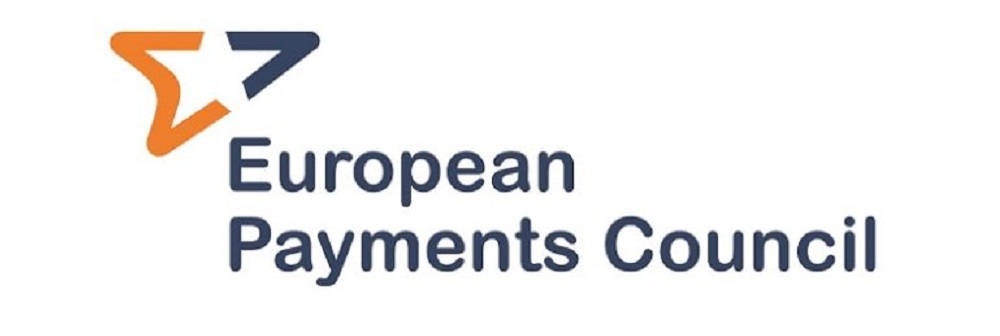
European Payments Council spoke with Isabelle Olivier – which is responsible for the business development of Visa Direct in Southern Europe – about Visa Direct’s impact on global payments, the challenges in the retail and account-to-account (A2A) payments markets, and Visa’s contributions to the European Payments Council (EPC).
What are the perceived strategic challenges in the retail payments market and in the A2A payments market?
The traditional way of handling cross-border payments through correspondent banking has been around for a long time, and while it has its merits, it doesn’t always meet the needs of today’s retail customers. It can be pricey, slow and unpredictable.
Retail customers today want things to be super easy and fast. They expect to transfer money quickly and use simple methods like mobile numbers or email addresses. That’s where our Visa+ offering comes in handy. It lets people transfer money just by using a mobile phone number or an email address.
Take Visa Direct, for example. Our long-time clients already offer these kinds of services to their customers, and it’s all powered by Visa Direct.
Our main goal is to make moving money affordable, quick and reliable for everyone, whether they are retail or corporate customers. We cover a lot of different needs, like peer-to-peer payments, consumer-to-business transactions, business and government payouts, and even merchant settlements and refunds.
To which ongoing and future EPC activities does Visa expect to contribute?
Visa has already made significant contributions to EPC working groups, particularly through our open banking expertise with Tink, which has been instrumental in API standardisation and open banking initiatives.
Recently, we’ve proposed candidates for several working groups that align with both Visa’s and EPC’s interests. These groups focus on important areas like Verification Of Payee (VOP), One-Leg Out scheme (OLO), fraud information distribution, payment security, legal support and payment scheme evolution. We believe that our extensive experience in these fields will be invaluable in driving these discussions forward.
Lastly, what future developments and challenges do you anticipate in the near term?
Real-time payments are gaining significant momentum worldwide. Initially focused on domestic retail transactions, they are now rapidly expanding to include cross-border, cross-currency and high-value payments. In Europe, the SEPA Instant Credit Transfer Scheme (SCT Inst) will be widely adopted this year, facilitating instant euro transactions across borders within the European Union (EU).
However, the rise of real-time payments also brings challenges, such as managing fraud and security vulnerabilities as well as ensuring availability. Public sector collaboration with the private sector, including companies like Visa, can help address these challenges by providing expertise and resources to enhance security, interoperability and cross-border functionality.
Additionally, digital currencies, especially central bank digital currencies (CBDCs), are poised to become a significant part of the future cross-border payment ecosystem. This shift will require balancing innovation with safeguards to protect against risks associated with instant and irreversible payments.
Finally, advancements in digital identity will simplify authentication processes, making payments more secure and convenient. For example, products like Visa Payment Passkey leverage biometric authentication, reducing reliance on traditional PINs and passwords while enhancing security.
In summary, the financial industry is on the cusp of significant changes driven by real-time payments, digital currencies and digital identity advancements.
The article in full here
____________
Visa Direct is extending Visa’s services beyond traditional card transactions into accounts and wallets.
Visa Direct provides real-time1, cost-effective and transparent global money transfer services to over 11 billion endpoints in more than 195 countries, supporting 160 currencies.
It enables individuals, businesses, and governments to send money across borders to bank accounts, cards and wallets, and to receive money in local currencies worldwide with competitive foreign exchange rates.
1Actual fund availability depends on receiving financial institution and region.
Banking 4.0 – „how was the experience for you”
„To be honest I think that Sinaia, your conference, is much better then Davos.”
Many more interesting quotes in the video below: